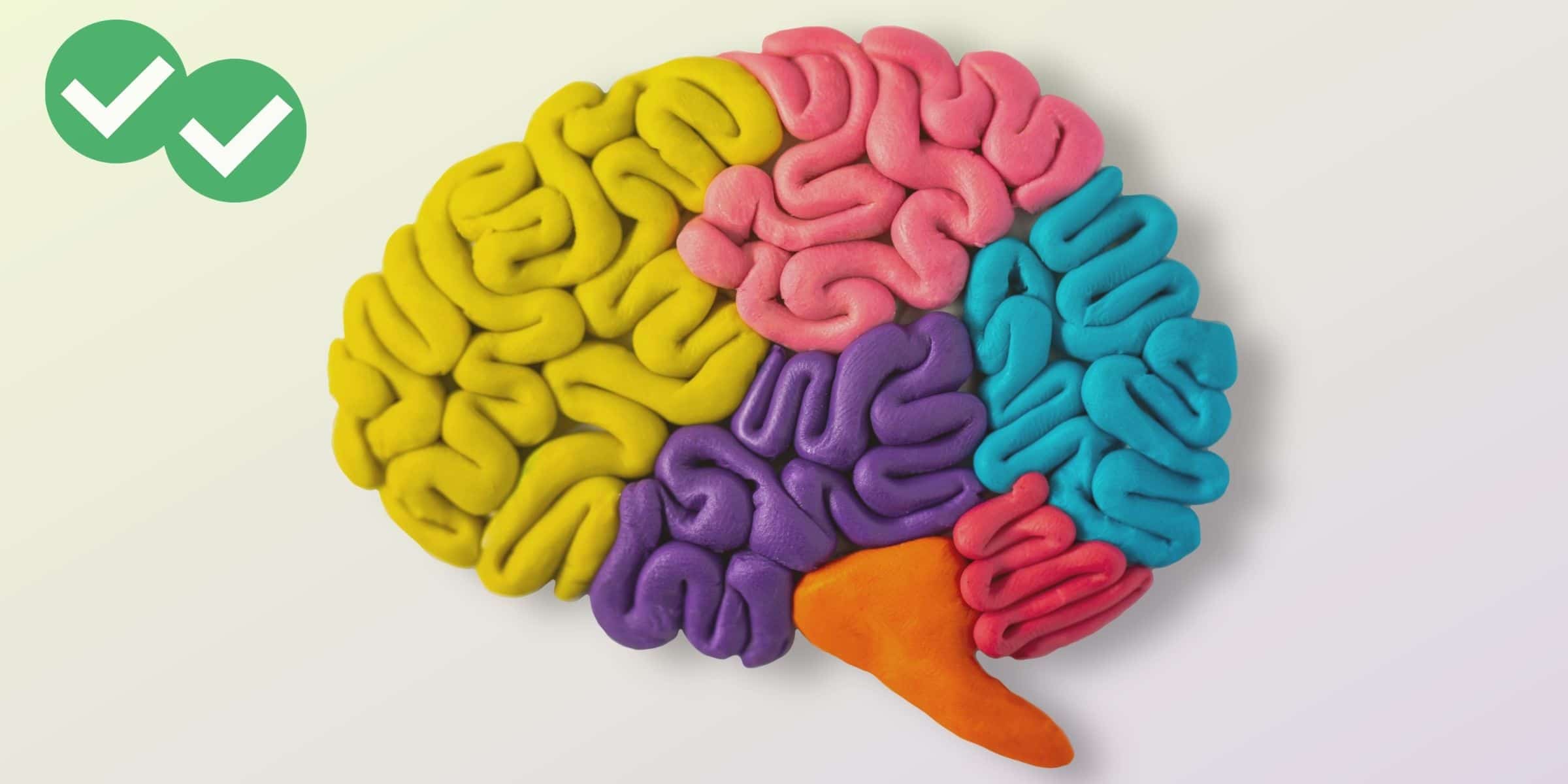Prefixes and suffixes are extremely helpful for learning vocabulary in general, but they’re especially useful for the academic level of vocabulary that’s used on the TOEFL. This week, we’re going to look at a very common and very important prefix, “in-,” and an equally important suffix, “-able.”
First, a note about “in-”: The truth is that there are a few different forms of this same prefix. It may also be “im-” or “il-” depending on the root word that it’s attached to. Words that start with an “m,” “p,” or “b” take “im-,” such as “impossible.” Words that start with “l” take “il-,” such as “illogical,” and words that start with “r” take “ir-,” such as “irrelevant.”
The most common is “in-,” though, which is why the title of this post just says “in-.”
Similarly, the prefix “-able” is often changed to “-ible.” This happens more often with words that don’t have a clear root, such as “visible.” You might know that “vis” relates to “vision,” but “vis” is not an English word. In contrast, the actual English word “believe” is very easy to see in “believable.”
What’s the meaning of those two pieces, “in-” and “-able”? Well, you may already know that: “in-,” similar to “un-” and “non-,” gives a word the opposite meaning of the root word. For example, “impossible” means “not possible.” Meanwhile, “-able” and “-ible” both are used in words that show possibility: whether or not something can happen.
So together, these two parts of words show that the word means something is not possible.
Indispensable
The root word: “Dispense” has a couple of meanings, but the important meaning here is “get rid of” or “stop using.” We don’t often use it to describe putting things in the trash, though. It’s more metaphorical. You might, for example, “dispense with the formalities.” That means you won’t be so formal in a conversation or meeting. (That’s usually said in a very dramatic way—don’t say it in normal conversation unless you are joking a bit).
The meaning: It something is “indispensable,” then, that means you can’t throw it away. It’s absolutely necessary. Practicing is an indispensable part of test preparation, for example.
TOEFL example: As you all know, trustworthy references are an indispensable asset to a highly regarded research project. If your facts don’t come from a good source, the theories and analyses are irrelevant.
Innumerable
The root word: Although it looks a little different, here, the root is the same as the root of “number”—there’s just no “b”.
The meaning: Put the pieces together, and you get “not” + “number” + “possible.” That’s right: this word means that you can’t count how many there. In more general usage, it just means that there are very, very many.
TOEFL example: Although it may look perfect after it has been cut and polished, a natural diamond nonetheless has innumerable tiny flaws.
Irrefutable
The root word: “To refute” is, by itself, a great TOEFL vocabulary word. If you refute a belief or idea, then you show the idea isn’t true. It’s very similar to the word “disprove,” but “disprove” is a little bit stronger. Both “refute” and “disprove” are very likely to show up on your TOEFL.
The meaning: In this case, if you know the meaning and usage of that root word, then you know the meaning and usage of the full “irrefutable,” too: that just means that you cannot prove a fact wrong. An irrefutable idea is definitely, absolutely true and nobody would argue with it.
TOEFL example: At this point, it’s basically irrefutable that there is no life on other planets that we can reach with modern technology. We simply will not visit an alien planet any time soon.
Inescapable
The root word: “To escape” isn’t a very useful word for the TOEFL, specifically. It could show up on the test, but it’s not especially academic. If you escape, then you get out of a place where somebody is holding you. It means to become free. Sometimes your dog might escape from the front yard, and run free in the streets. In horror movies, only the most important characters usually escape.
The meaning: The meaning of “escape” within “inescapable” is very metaphorical. We don’t talk about an “inescapable fence”—that’s too real, too physical. Instead, “inescapable” means that some event will happen. You cannot stop it. If you live long enough, old age is inescapable: nobody can stay young forever. Ideas can also be inescapable, meaning that we must come to that conclusion if we think about the situation.
TOEFL example: When considering the history of slavery, an inescapable question arises: what makes humans capable of such cruelty?






Leave a Reply